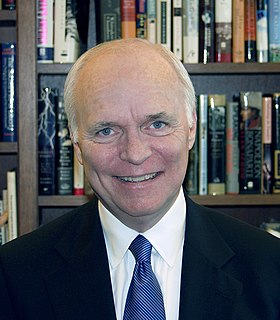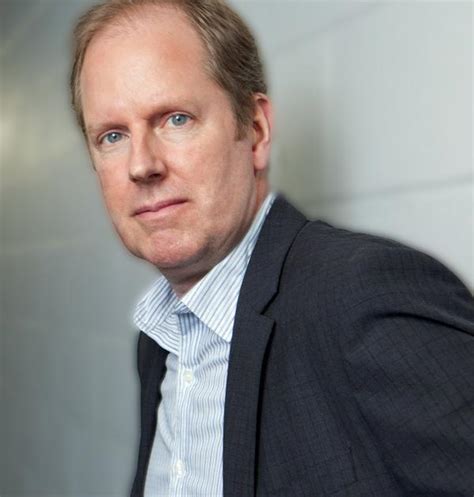A Quote by Robert Musil
Scientific reason, with its strict conscience, its lack of prejudice, and its determination to question every result again the moment it might lead to the least intellectual advantage, does in an area of secondary interest what we ought to be doing with the basic questions of life.
Related Quotes
The basic question that the 'new science' raises for our balance sheet is the issue of what scientific questions have not been asked for 500 years, which scientific risks have not been pursued. It raises the question of who has decided what scientific risks were worth taking, and what have been the consequences in terms of the power structures of the world.
So long as men die, life will reassert its tragic interest from time to time with fresh energy, and to this interest Christianity alone can respond. If the scientific people could rid us of death, they might indeed hope to win over the heart and conscience of the world, permanently, to some form of non-theistic speculation. As it is, the tide ebbs, as I believe, only that it may flow again.
Again and again I am brought up against it, and again and again I resist it: I don't want to believe it, even though it is almost palpable: the vast majority lack an intellectual conscience; indeed, it often seems to me that to demand such a thing is to be in the most populous cities as solitary as in the desert.
The moral faculties are generally esteemed, and with justice, as of higher value than the intellectual powers. But we should always bear in mind that the activity of the mind in vividly recalling past impressions is one of the fundamental though secondary bases of conscience. This fact affords the strongest argument for educating and stimulating in all possible ways the intellectual faculties of every human being.
We should not be ashamed of not having answers to all questions yet... I'm perfectly happy staring somebody in the face saying, 'I don't know yet, and we've got top people working on it.' The moment you feel compelled to provide an answer, then you're doing the same thing that the religious community does: providing answers to every possible question.
A beautiful question shifts the way we think about something and often sets in motion a process than can result in change. Entrepreneurs-o r at least the successful ones-do a great job asking beautiful questions. They almost have no choice -their whole reason for being is to disrupt, innovate, solve a problem no one else is solving.
The problem, once again, as in all sciences is the attitude of the mind that is dealing with whatever field. The problem is not philosophy but the lack of intellectual humility. It is when reason becomes arrogant that we lose track. But intellectual humility with science: this is spirituality - this is the way we are with God. So we should not be scared and we must reconcile ourselves.





































